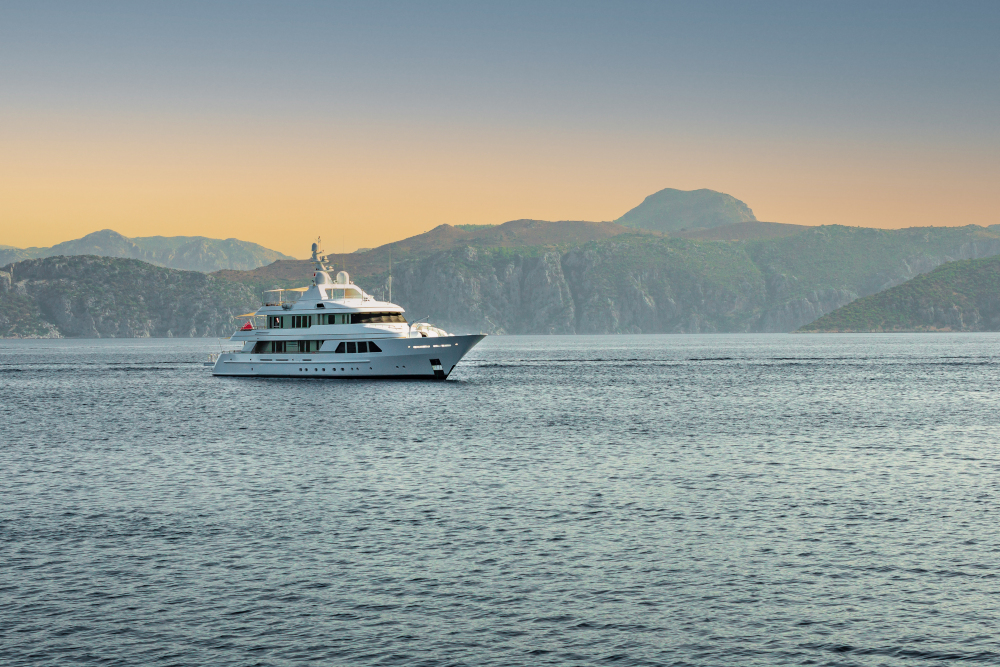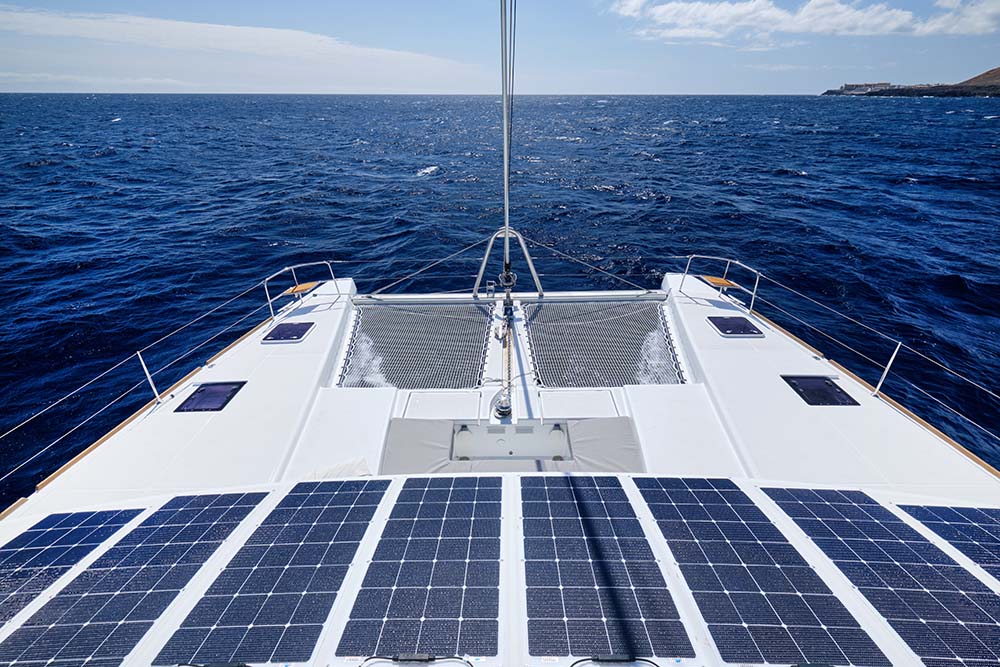Words by Emily E. Keenan
Can jumping off a private jet onto a yacht ever be sustainable? Whilst it may seem like an oxymoron, it’s not as unrealistic as you may think. With major innovations toward increasing sustainability within the luxury travel industry, travellers now have many more options to make the decision to travel sustainably.
Yes, there will always be the argument that private travel as a whole can never be truly sustainable. Nonetheless, there are ways that private traveller can do their part. Think of it like those little cards hotels put in bathrooms: Please reuse your towels. We now have the ability and capability to offset our carbon emissions and use sustainable fuel options and alternatives, for private charter travel. Small changes can make a big difference.
So, how can you as a private jet charterer make the conscious decision towards a sustainable future in travel?
While the private aviation sector is making strides to move towards electric and hydrogen aviation, there are already more sustainable options. A number of private jet companies, for example, partake in carbon offsetting programmes as well as sustainable aviation fuel options.

Choosing to use operators who use Sustainable Aviation Fuel as a standard or have the option to upgrade to Sustainable Aviation Fuel, can reduce the carbon emissions fuel from your flight by 80 per cent over the fuel’s lifetime. Whilst Sustainable Aviation Fuel does come at a marginally higher cost, reducing your carbon emission footprint by 80 per cent is priceless to the environment.
Whilst Sustainable Aviation Fuel is not available on all aircrafts and at every airport, you can still choose a charter company that offsets their flights. Carbon offsetting is a way in which to reimburse the environment for your carbon emissions by reinvesting an equivalent amount of carbon dioxide back into the environment.
Companies buy carbon credits through third-party companies that they invest in projects throughout the world, in order to replace the carbon emitted into an environmental project. These projects go far beyond just flying a plane and planting a tree, as many think. A well-known accredited third party company, South Pole states that when credits are bought through them, the consumer is investing in projects such as improving health, creating better education opportunities, improving wildlife conservation or even building sustainable communities.
Sailing the Med, is it sustainable?

Marinas throughout the Mediterranean in the summer months are flooded with enormous superyachts which act as floating homes for the uber-wealthy. Superyacht sustainability begins way before any passengers ever step foot on the vessel.
Superyacht builder Oceano is a prime example of sustainability from the start. The company not only builds sustainable yachts, but they have also begun installing renewable energy sources into their manufacturing facilities.
Oceano’s Black Pearl is a hybrid yacht, measuring over 100 feet in length, and has the ability to sail across the Atlantic Ocean, burning less than a litre of fuel, advancements in sustainable technology have made this possible. The vessel uses an advanced and innovative sailing system in order to travel as eco-friendly and sustainable as possible.
Some superyachts can omit up to 7,020 tons of CO2 a year, so having more sustainable options at hand to those who are purchasing or renting these massive vessels is unparalleled.

According to Marcel Onkenhout, CEO of Oceano: “A decade ago, eco-friendly yachts were seen as more of an outlying request but it is certainly transitioning from being a ‘nice to have’ to a ‘must have’ for some clients, especially the younger ones.”
This change in consumer behaviour throughout the yachting industry is invaluable to the world’s carbon footprint as well as the underwater ecological systems.
As consumers, we need to do our part by making the conscious decision for a sustainably focused future in private travel by taking the sustainable roots where available. A small increase in costs for Sustainable Aviation Fuel, carbon offsetting or hybrid luxury travel options, may not solve the problem of global warming but it will reduce our carbon footprint, which is invaluable to the environment.






















